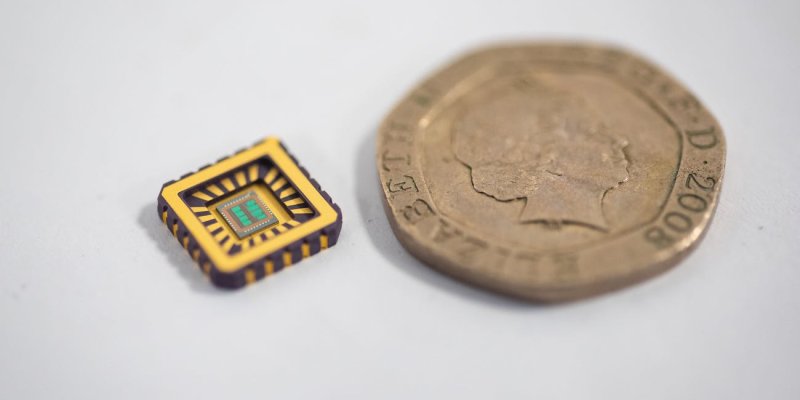Scientists have made artificial nerve cells, paving the way for new ways to repair the human body.
The tiny “brain chips” behave like the real thing and could one day be used to treat diseases such as Alzheimer’s.
A team from the University of Bath used a combination of maths, computation and chip design to come up with a way to replicate in circuit form what nerve cells (neurons) do naturally.
…
Prof Alain Nogaret, from Bath’s department of physics, said the novelty of their research was to transfer the electrical properties of brain cells on to synthetic circuits made from silicon.
“Until now, neurons have been like black boxes, but we have managed to open the black box and peer inside,” he said. “Our work is paradigm-changing because it provides a robust method to reproduce the electrical properties of real neurons in minute detail.”
…
The researchers replicated two types of neurones, including cells from the hippocampus, an area of the brain that plays a major role in memory, and brain cells involved in the control of breathing.
The work opens up a range of possibilities in repairing the neuron that have been lost to degenerative disease.
Read full, original post: Artificial neurons developed to fight disease































